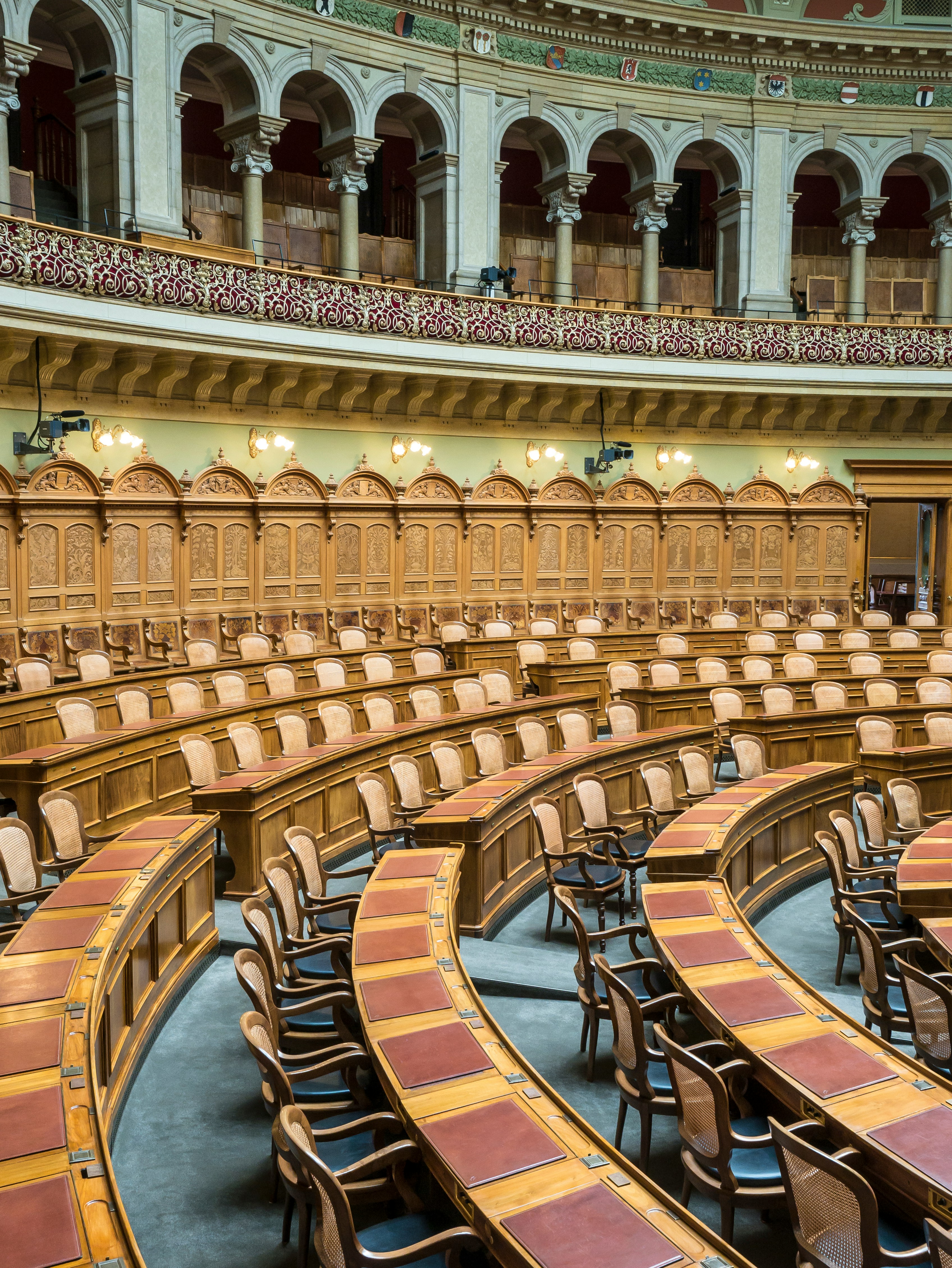
South Korea is at a critical moment. While global finance is rapidly shifting in the direction of renewable energy, Korea continues to direct the majority of its capital to fossil fuels. In 2023, the country’s fossil financing came up to a whopping USD 130 billion (KRW 173.7 trillion) - including USD 57.8 billion in coal investments – compared to just USD 18.4 billion invested in renewables. To complicate matters further, coal still accounts for over 30% of Korea’s electricity generation, one of the highest shares in the OECD. This dependence exposes the economy to stranded asset risks, eroded competitiveness and missed opportunities for job creation in emerging industries like renewable energy and green technologies.

South Korea is far from the first country to face the drawbacks of a financing model built on fossil fuels – yet, where others have turned financing into a lever cranking the decarbonization engine into action, Korea resists. Our question, of course, is why? How have other countries managed to accelerate decarbonization efforts by changing the way they do finance, and what can Korea learn from them?
Global Lessons for a Coal-to-Clean Transition
The United Kingdom’s coal-to-clean story demonstrates the plethora of opportunities which exist to usher in the energy transition. A decade ago, offshore wind was deemed too costly and risky to scale. Yet, thanks to a combination of public investment and aligned policy tools like Contracts for Difference – which guaranteed long-term revenues for clean energy projects – the UK has managed to turn a niche technology into a global success story. Today, it leads globally in offshore wind capacity, creating thousands of new jobs in the process.
Germany took a different path. Its Coal Exit law laid out a legally binding timeline for shutting down the country’s coal plants, providing investors with clarity and certainty to adjust accordingly. At the same time, KfW, the country’s state-owned development bank, stepped in to pump in the much-needed low-cost capital necessary for renewable investments and regional transition. For Germany, it wasn’t just about cleaner power; it was about protecting communities and industries as the country reconfigured its energy system.
Spain demonstrates yet another approach. The government’s decision to accelerate the coal phaseout was paired with sovereign green bonds and dedicated just transition agreements. These weren’t abstract policies – they were lifelines for those living in and employed in coal-dependent regions, ensuring the shift to renewables didn’t come at the expense of the people meant to benefit from it.
What unites these examples, you ask? The answer’s pretty simple.
Finance wasn’t just a backdrop or some kind of accessory to coal phaseout initiatives; it was the driver. By combining clear policy signals with innovative financial strategies, these countries managed to reduce coal dependence while boosting clean industries and protecting affected communities.
What’s stopping South Korea?

Korea’s Current Gaps
Where does Korea stand today, you ask? Despite the introduction of “green” policies and frameworks like the Emissions Trading Scheme (K-ETS), K-Taxonomy and public green lending programs, Korea’s financial system still channels most of its capital into fossil fuels. Public financial institutions (PFIs) like the Korea Development Bank (KDB) and The Korea Export-Import Bank (KEXIM) account for more than 60% of fossil fuel financing, lacking binding fossil fuel exclusion policies or mandates to prioritize clean energy.
This imbalance is particularly obvious in the case of offshore wind. Korea has a staggering technical potential capacity of over 600GW – more than enough to power the entire country several times over. Yet, it currently operates just 0.3 GW. Why? Investor hesitation rooted in policy uncertainty, slow permitting and the absence of strong de-risking mechanisms. To put it simply, Korea has the resources, technology and certainly the demand for offshore wind; but without financial reform, capitalizing on these opportunities is out of reach.
Unlocking Public Finance for a Just Transition
If finance turned out to be the missing piece elsewhere, it stands to reason that it might be the key for Korea’s own coal phaseout breakthrough. Several priorities stand out:
Creating binding fossil fuel exclusions for public financial institutions, ensuring new coal projects can no longer compete for capital.
Implementing KDB and KEXIM mandates toward clean energy and/or creating a dedicated coal transition facility to support coal-dependent provinces like Chungnam and Gangwon.
Reforming the K-Taxonomy and K-ETS frameworks so they no longer provide loopholes for coal and gas, instead aligning with net-zero pathways.
Tracking progress through an Energy Supply Investment Ratio (ESIR) — a simple but powerful tool to show whether Korea is really shifting finance away from fossil fuels.
Each of these steps would not only prevent a pileup of stranded assets, but also unlock the capital needed for the expansion of offshore wind and other renewables. Just as importantly, they would help ensure coal-dependent communities and those employed in the industry are key players in the energy transition, rather than left behind.
Looking Ahead
For Korea, the stakes couldn’t be higher. The country faces a choice: will it double down on coal and risk being left behind as global finance flows towards clean energy, or will it seize the opportunity to lead as a regional hub for renewables expansion, green jobs and innovation?
Global experience shows the path is clear: finance must move first, and policy must back it up. Korea has both the potential and the urgency to act. The question now is whether it will take the leap.
For a deeper dive into SFOC's findings and recommendations, see our full report: Mobilizing Finance for Korea’s Coal Phase-Out: What International Experience Shows.










